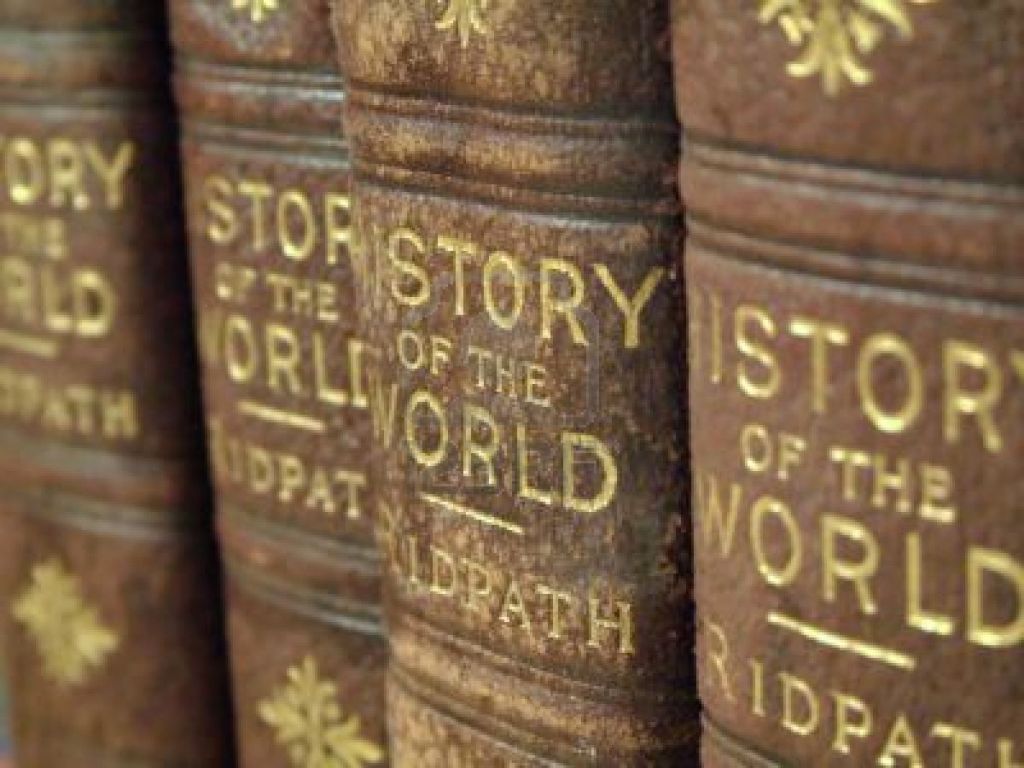Clichés are often over-generalizations for rhetorical purposes. “History is written by the victors” is punchy, but it is too often a cynical dismissal of objectivity in history. So here is the beginnings of a list of influential history books that do not fit the cliché:
* Thucydides’ History of the Peloponnesian War (431 BCE) was an Athenian’s account of a long war (431–404 BCE) between Athens and Sparta. The Spartans won.
* Edward Gibbon’s History of the Decline and Fall of the Roman Empire (1776) was not written by one of the victorious barbarians.
* Friedrich Meinecke’s The German Catastrophe (1946) was a hugely influential work, nationally and internationally, by a German thinker grappling with his homeland’s disastrous record.
American examples would include the many histories written by southerners after the Civil War and the outpouring of post-Vietnam War books by U.S. historians.
Feel welcome in the Comments to add to the list.

Barbara Tuchmans a “distant mirror “
Years ago I met a pleasant, intelligent Turkish guy studying at the University of Toronto. What do you think he was studying? You guessed it: Middle Eastern history.
Said back home and neighbouring countries every historical narrative is distorted by the biases and propaganda needs of the political elites e.g. “Saddam, direct descendent of the prophet”, etc. He felt Westerners were not so entangled and had a greater interest in obtaining an objective understanding of the subject.
I think it depends. In the past, a lot of historical documents only presented the victor’s perspective–folks write from the perspective of the culture they’re in, after all, and victors tended to not treat conquered people kindly. Rome was an exception, allowing the conquered people to maintain their own culture and even adopting some of the gods of other cultures into their pantheons (Rome was notorious for praying to the gods of their enemies on the eve of battle, too!).
In contrast, modern history is written from an outsider’s perspective. None of us are Romans, or Visigoths, or Jacobians, or Sumarians. So we don’t favor one side or the other, or at least do so to a far lesser degree than folks did in the past. Plus, history is augmented with archaeology. History is a science now, one that makes testable claims and puts those claims to the test.
The film “Braveheart” starts with “History is written by the Victors”. The presumption being that, because he lost, we don’t know the truth about William Wallace. This forgets, of course, that Robert The Bruce ultimately defeated the English. So the Scots were the Victors.
Rome was not an exception to the general rule of Conquers. Once Emperor Constantine (325) declared Christianity the official religion of Rome Empire, the persecution began, of the indigenous religious beliefs. By the 600’s A.D. they outlawed all religions besides Judaism and Christianity. Emperor Theodosius 2 and third declared that, death in some cases, was the punishment for worshipping the old gods.
Just one question … how many _History of the Punic Wars_ books do you see written by Carthaginians? I have never seen any history where the implicit biases of the author did not actively, if unconsciously, filter what was written. If you can get them better to get them written by multiple from different countries so the facts come through different filters and you get a better overall view.
While it is true that history isn’t always written by the victors, it can be said that the victors sometimes diminished the influences and existences of the conquered through the desecration and destruction of their lands, structures, and documents.
Clearly what we need is a school / discipline of historical investigation, where major historical events / eras are comprehensively re-evaluated by a committee of academics, representing all of the relevant ‘stakeholders’….
Someone said history is now a science; so, let’s apply some objective rigour to the subject matter.
Seriously? That’s exactly what historians do: critique their predecessors and offer new perspectives on the major historical events. The more research is done the clearer our picture of the past and young historians new to the field offer new avenues and perspectives.
There are conferences and the like dedicated to this activity. Also the usual suspects: books and articles.